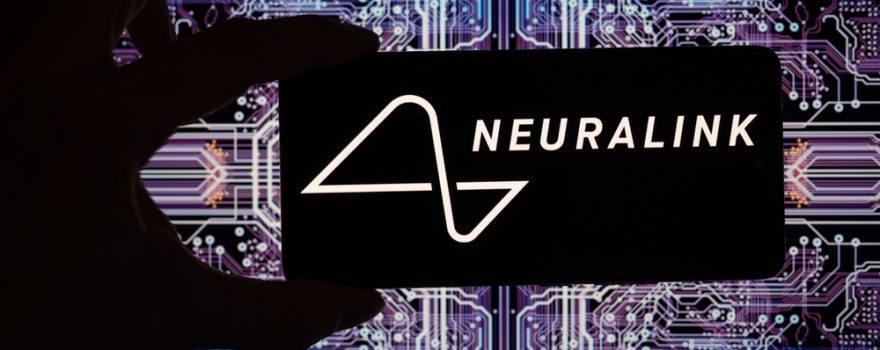
Elon Musk’s Neuralink has successfully implanted a brain chip in its first patient, marking a significant step forward in the startup’s mission to revolutionize brain-computer interface technology. The surgery took place on Sunday, and according to Musk, the patient is already showing signs of improvement. This development comes amid Neuralink’s ongoing efforts to address neurological conditions and paralysis.
Neuralink’s Ambitious Mission
Elon Musk, the billionaire entrepreneur behind SpaceX and Tesla, revealed the achievement in a post on his social media platform, X. Describing the initial results, Musk stated, “Promising detection of neuronal splices” – referring to the activity of neurons, the cells responsible for transmitting information throughout the brain and body.
FDA Approval and the PRIME Study
Last year, Neuralink received approval from the U.S. Food and Drug Administration (FDA) to conduct the first human trial of its brain implant. The study, named the “PRIME Study” (Precise Robotically Implanted Brain-Computer Interface), aims to evaluate the safety of the implant and the surgical robot. Neuralink has been working towards assisting patients in overcoming paralysis and various neurological conditions.
Telepathy: Neuralink’s First Product
Musk announced that Neuralink’s first product will be named Telepathy. In a separate post, Musk revealed that the initial users of Telepathy will be individuals who have lost the use of their limbs. The overarching goal is to enable communication at a faster pace, drawing a parallel with renowned physicist Stephen Hawking, envisioning communication faster than a typist or auctioneer.
Regulatory Challenges and Industry Landscape
Despite this achievement, Neuralink has faced regulatory scrutiny and safety concerns. In 2022, a monkey died during an attempt to engage it in playing Pong, sparking criticism and investigations. Musk’s company has also been under the spotlight for its rushed market entry, resulting in negligent animal deaths. Regulatory approval will be crucial for Neuralink’s brain implants to enter the broader market.
Other companies, such as Synchron, are also actively working on brain-computer interface technology. Synchron received FDA approval for human testing in 2021, conducting trials to explore the device’s potential benefits in patients. While the field holds promise for neurological disorder treatment, widespread availability is likely years away due to the experimental nature of the technology.
Looking Ahead
Neuralink’s success in implanting a brain chip is a pivotal moment in the development of brain-computer interface technology. As the startup navigates regulatory challenges and continues clinical trials, the broader implications of Telepathy and similar innovations could redefine how humans interact with technology, offering hope to those with neurological disorders. Elon Musk’s ambitious vision for Neuralink takes a significant step closer to reality, leaving the tech world eagerly anticipating further breakthroughs.
Source CNN




